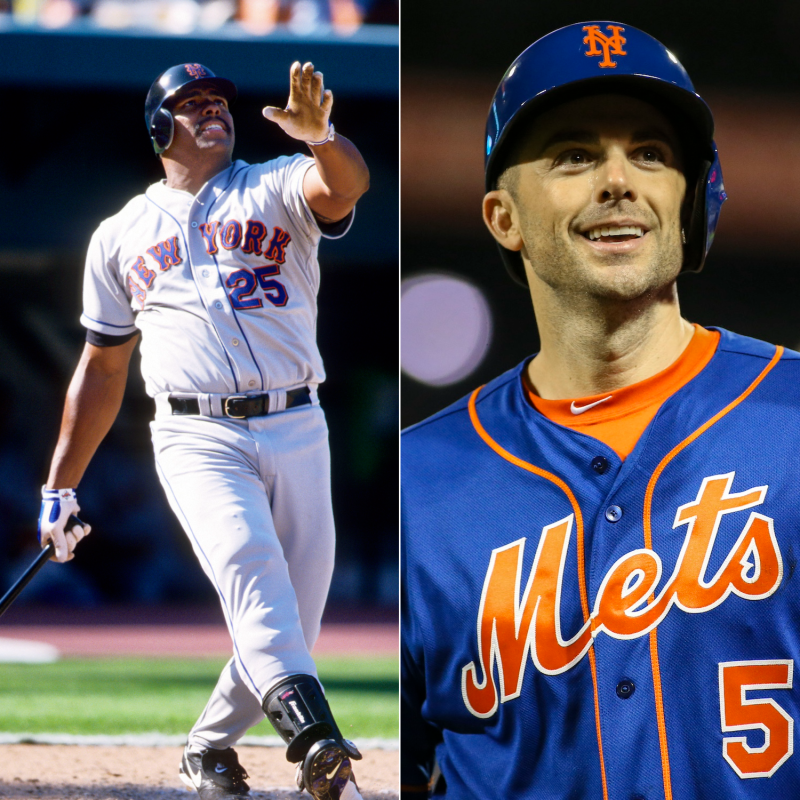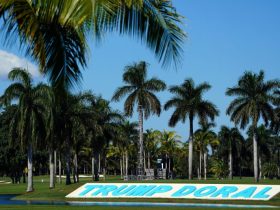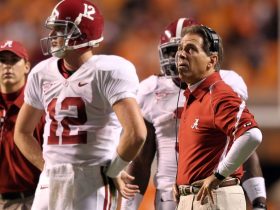Bobby Bonilla Day is an annual opportunity to poke fun at the New York Mets, but the club’s infamous deal that pays Bonilla $1.19 million every year until he’s 72, is sort of the reason the team ended up with one of its all-time greats.
Bonilla played just 60 games for the Mets in 1999 and rather than paying him the $5.9 million he was owed for 2000, the club agreed to make yearly payments of $1.19 million for 25 years – with 8% interest – starting in July 2011.
Coming off a trip to the NLCS in 1999, New York had World Series hopes heading into 2000 – and $5.9 million was a big salary back then, with most of the league’s payrolls in the $50 million range. Saving that money in 2000 by dumping Bonilla, the Mets were able to upgrade in the offseason, trading for pitcher Mike Hampton, coming off a 22-4 season with the Houston Astros – with a $5.75 million salary.
The lefty won 15 games with a 3.14 ERA in 2000 and was named NLCS MVP as the Mets reached the World Series for the first time since 1986.
Hampton left the Mets after one season, signing a $121 million deal with the Rockies, citing the state’s school system. (‘I’ve got a son that’s working on his master’s, and my other son’s on the dean’s list … so I guess the school system worked out all right,’ Hampton joked 20 years later.)
But Hampton leaving gave the Mets a compensation pick in the 2001 draft.
With that pick – the 38th overall selection – the Mets selected third baseman David Wright.
Wright went on to become one of the best players in franchise history, trailing only Tom Seaver in WAR and is the club’s career leader in runs, hits, total bases and RBIs. Wright spent his entire career with the Mets, debuting in 2004 and making his final appearance in 2018. He was a seven-time All-Star and won two Gold Glove Awards at the hot corner, but injuries cut his career short.
The Mets will retire his number in July 2025, making him the 10th player to earn the honor and first who spent their entire career with the organization.
Wright debuted on the Baseball Hall of Fame ballot in 2024, receiving 6.1% of the vote to earn another year on the ballot. In 2025, his vote share ticked up to 8.1%, but there’s almost no chance he ever reaches the 75% threshold required for election.
The USA TODAY app gets you to the heart of the news — fast. Download for award-winning coverage, crosswords, audio storytelling, the eNewspaper and more.







